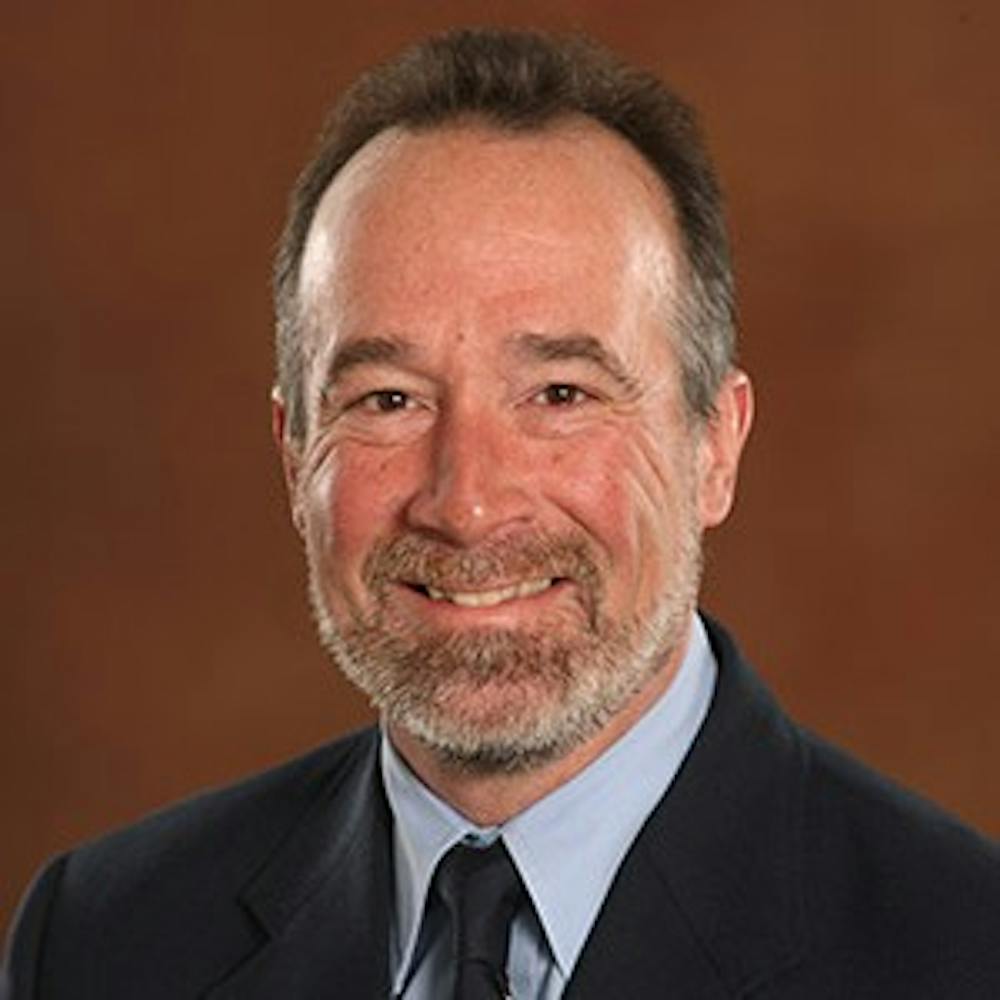Q&A: Professor discusses international work, returning to CMU
Professors. One small word that holds a lot of meaning. They are people students look up to and complain about. Students sit in their class and listen to their sometimes-boring lectures, but hardly ever see into who a professor really is.
Michael Papa is a professor at Central Michigan University. He has been teaching communication classes for eighteen years, alongside his wife Wendy. Outside of CMU, he has done amazing work all over the globe including work in Uganda and Sudan. He has had the opportunity to interview monumental people including a President of the United States. Papa sat down with Central Michigan Life to discuss his work abroad and time at CMU.
CM Life: How long have you been teaching?
Papa: If you include teaching as a graduate student, this is my 40th year.
What got you into teaching and why college level?
That’s a good question. It started early in my college years, and I was more looking at high school teaching. But as I started going through my graduate programs and talking with professors, I came to Central from Saint John’s University in New York City and that’s where people were talking about PhDs and that’s when I thought about being a college professor.
How did you and your wife end up back at CMU?
Wendy and I were married in 1982. The first year we were married we talked about where we wanted to live and what kind of house we wanted. It didn’t even take five minutes. We both agreed we wanted an open Victorian style house in a small college town, but we didn’t specifically say Mount Pleasant. We looked at various places and a job opportunity came up for Wendy here at Central and the first house we looked at was an open Victorian style house and it was perfect. Mount Pleasant was different then and nothing was south of Broomfield.
What is it like teaching at a school you once went to and how much have you seen change?
I guess what I would say is the uniqueness. You feel more connected to a place as a professor when you teach somewhere you went to school. Part of that is recognizing the program you were a part of and the professors you worked with and met.
What is your favorite thing you’ve worked on?
There are two different offshoots of my work, and I don’t think I can pick which one is my favorite. What I've spent a good portion of my career on since the early 1990s is organizing social change and how people in poverty come together and figure out how to solve their own problems. I did a great deal of work in India and Bangladesh. That allowed me to spend four months in Bangkok (Thailand) during the HIV/AIDS epidemic and how to practice safer sex.
That work I did is very close to me.
The second work I did was focusing on peace negations in international conflict and how to bring out peace and positive outcome. My work there was focused on the violent conflict between Sudan and Uganda as well as the Civil War. It started when I got here at Central, and I just submitted my manuscript a few months ago. I was able to work with and interview President Carter and work with many great people. This work allowed me to go a direction I never saw in my career and getting involved in peace negations.
Do you have a favorite class?
Yes, I defiantly do. It is Communication/Organizational change. It is very much connected with my work I have done internationally and as well as my work with the peace negotiating.






